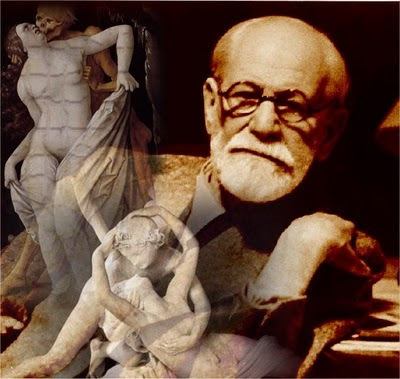What do you think?
Rate this book


240 pages, Paperback
First published January 1, 1981
…I have started an affair
with your son, on a train somewhere
in a dark tunnel, his hand was underneath
my dress between my thighs I could not breathe
he took me to a white lakeside hotel…
At my first hearing of a dream, I became alarmed, for it told me that the dreamer is quite capable of ending her troubles by taking her life. Train journeys are themselves dreams of death.
"I think he's crude, I think he's medieval, and I don't want an elderly gentleman from Vienna with an umbrella inflicting his dreams upon me. I don't have the dreams that he discusses in his books. I don't see umbrellas in my dreams. Or balloons.
"I think that the creative artist is an exile in his study, in his bedroom, in the circle of his lamplight. He's quite alone there; he's the lone wolf. As soon as he's together with somebody else he shares his secret, he shares his mystery, he shares his God with somebody else."

"I had chosen to encompass the extremes of pleasure and pain, Eros and Thanatos. A young opera singer, Lisa, is analysed by Freud in Vienna, and writes for him what he calls an 'inundation' of violent sexual fantasy. The centrepiece of the novel is his analysis of her. Naturally he traces her hysterical illness back to her childhood; later, it appears that, being half-Jewish, her illness stems from a premonition of the 'real hysteria' of the Holocaust."
"I call to mind a saying of Heraclitus: 'The soul of man is a far country, which cannot be approached or explored.'
"It is not altogether true, I think; but success must depend on a fair harbour opening in the cliffs…
"...the physician has to trust his patient, quite as much as the patient must trust the physician."
"The lunatic, the lover, and the poet,
Are of imagination all compact…"